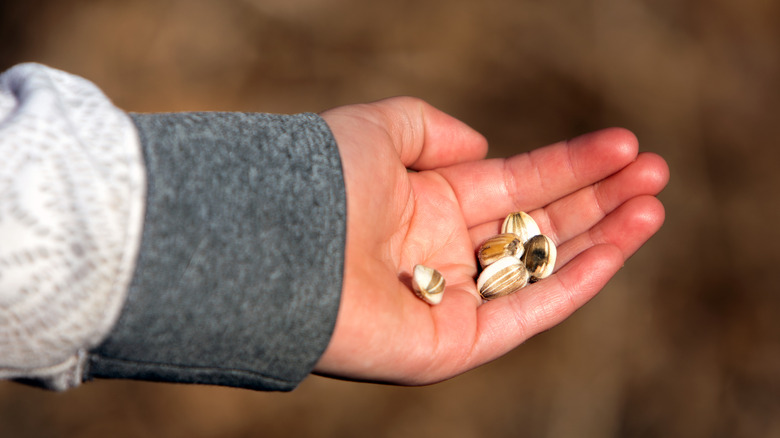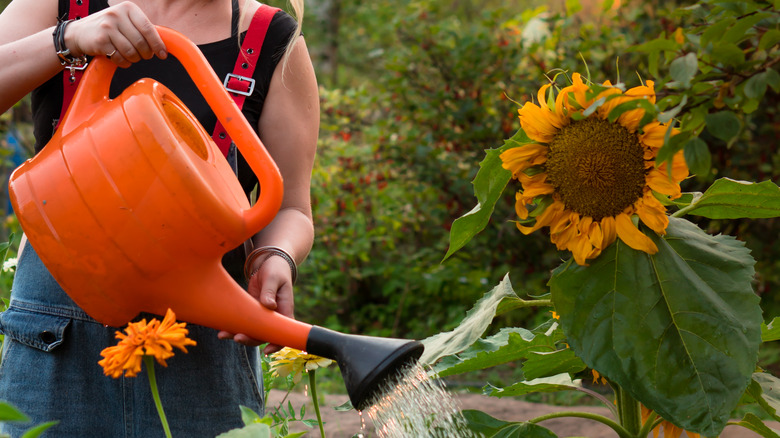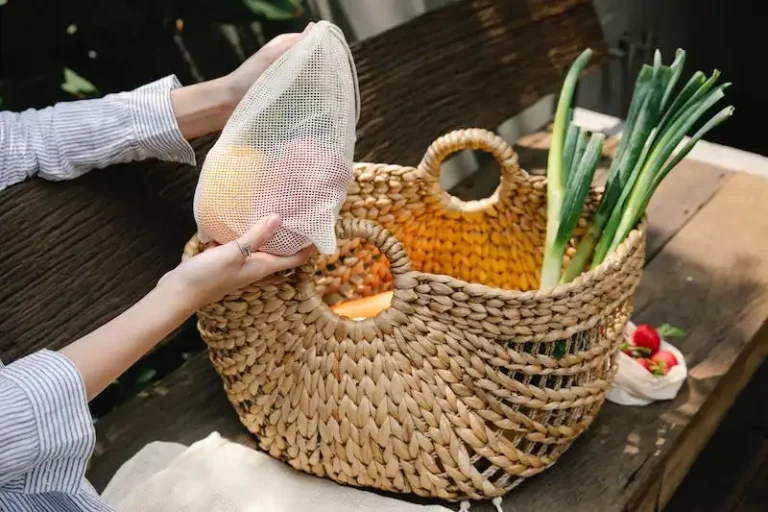If you’ve been gardening all summer and recently started making your space ready for fall but forgot to plant some sunflowers, then you’re in luck. Depending on where you live, it may not be too late to grow beautiful, tall flowers right before autumn officially starts to brighten up your property. While sunflowers are often prepped and sowed in early spring to summer, there’s still an open window in late summer where you can plant their seeds and see them bloom in late fall. However, they will only bloom if you live in a warmer climate, preferably an area where the weather stays warm until beginning to mid-October.
Sunflowers thrive in the sunshine and prefer growing in sunny spots. They have difficulty handling the cold weather, so if you live in USDA zones 8 and higher, you’re in the clear for a first and second blooming. In addition, they need 55 to 70 days between the first sowing and their first blooms. If you plant them too late, they won’t survive, especially if you get a heavy frost. However, sunflowers can tolerate a light frost until it gets too cold. It is possible to get the perfect sunflowers for fall, but you should start as soon as possible.
Choose the suitable sunflower variety to grow

There are many sunflower varieties, and choosing the right one to grow in the fall will let your flowers bloom in time before the first frost. For example, sunflowers with a short growing time will bloom quicker, such as Vincent’s Choice, Starburst, Gold Rush, Big Smile, and Double Quick Orange, which have a growing period that’s between 50 and 65 days. Keep in mind that these flower stems will grow shorter, as they’re considered dwarf types. Further, some will bloom beautifully with their yellow petals and round seed discs, while others won’t have as many blooms, but they’ll still provide gorgeous foliage for your garden.
When planting your sunflower seeds in your garden, find a spot that gets direct sunlight throughout most of the day. Depending on how close you want them to grow together, you can place them either in a raised bed or directly in your garden’s soil. They’re not picky about which soil they grow in, as long as it’s well-draining. However, they do enjoy and require a lot of nutrients, so adding organic matter is vital to help them grow, especially if you want them to bloom just in time for fall.
When the weather changes, adjust your sunflower’s watering needs

Since the weather will start changing from summer to fall in a matter of weeks, you want to ensure the soil always stays moist. While your sunflowers are growing at the end of summer and blooming in late fall, you’ll still have warmer weather to enjoy, so you’ll need to water your flowers at least once a week. Their roots will need more water if the weather gets hotter, so deeply water them to encourage growth and maintain their health. There’s typically a small heatwave right before fall officially begins, so regularly check the soil’s surface to see if it needs extra hydration.
On the other hand, there will be days when the weather is cooler, especially when you’re approaching the middle of fall. So, adjust your sunflower’s watering needs accordingly. If you get early rainfall, reduce watering to prevent overwatering the flowers. The water won’t properly drain, and the roots could suffocate and die. In addition, as the cool weather starts to set in with slight wind and cool nights, pack the soil’s surface with organic matter to keep it warm and moist. Even though warm weather can dry out soil, cold and windy days can also cause dryness.



